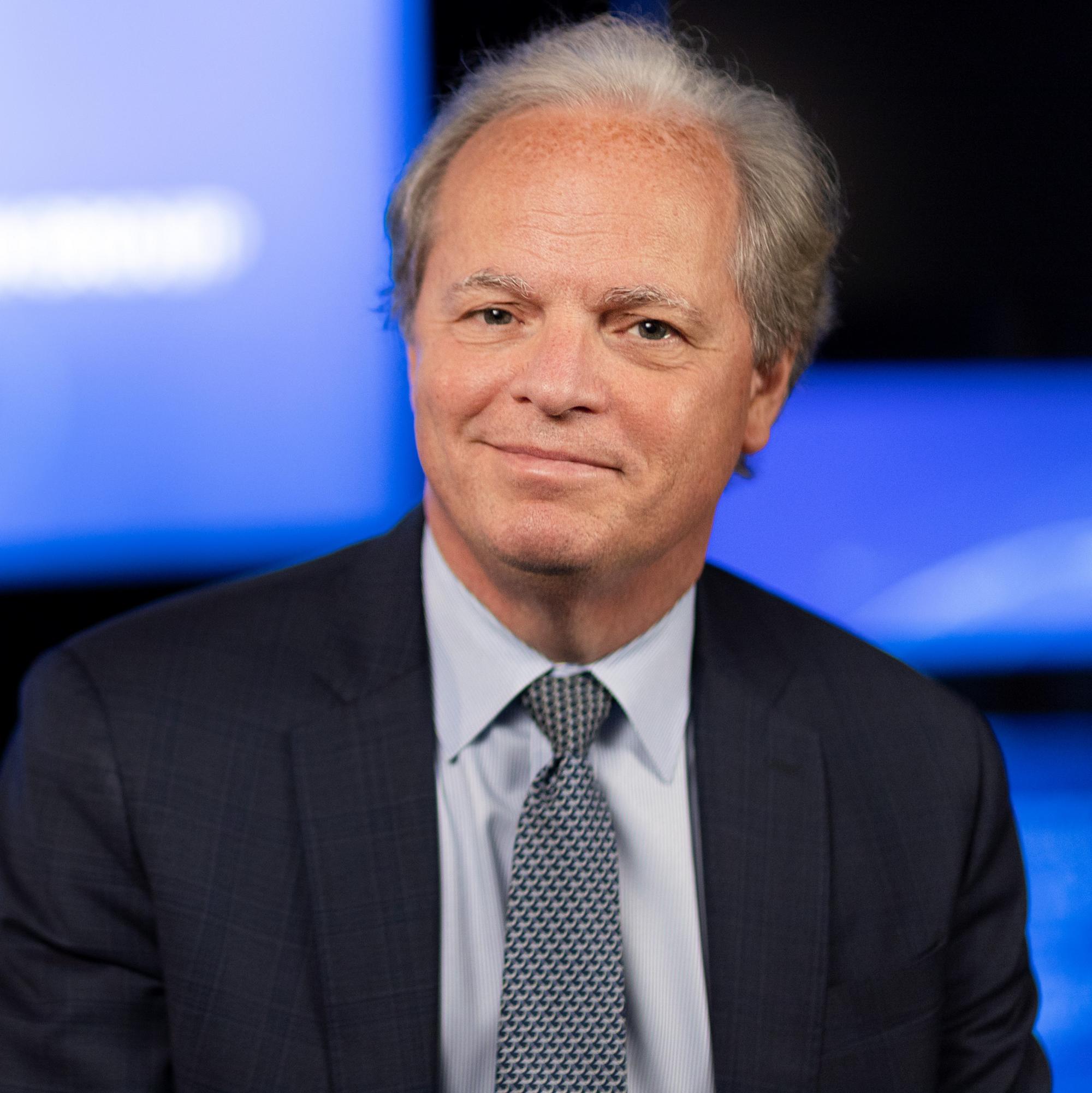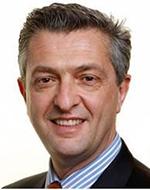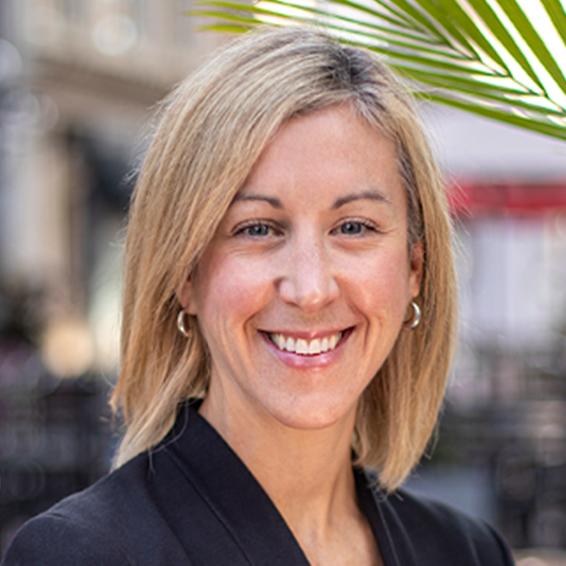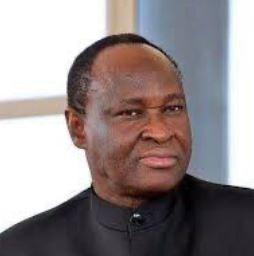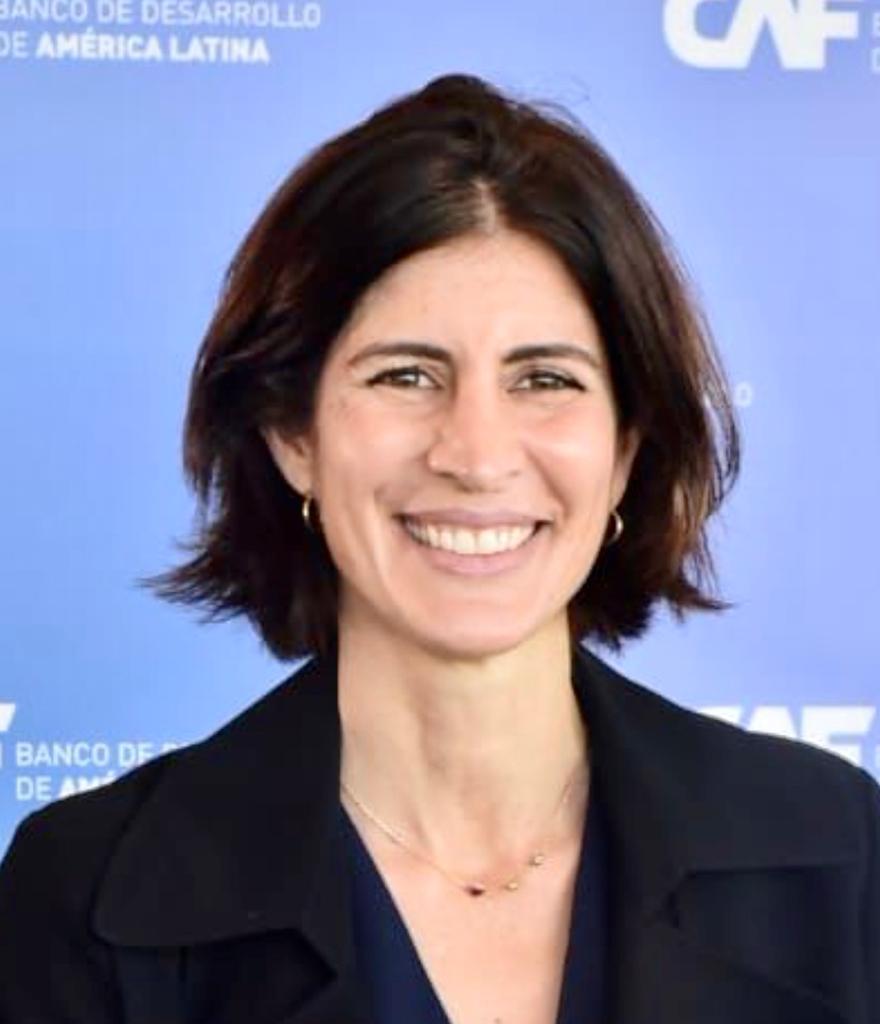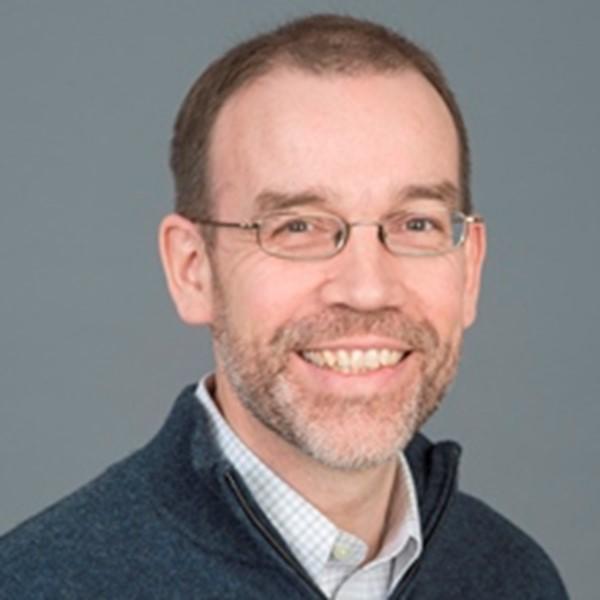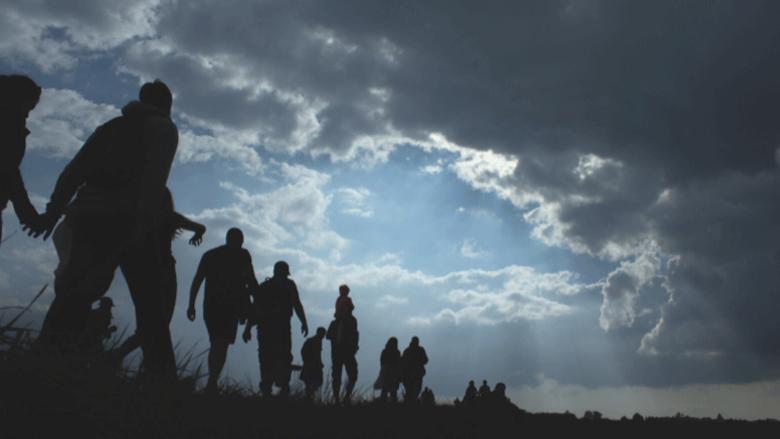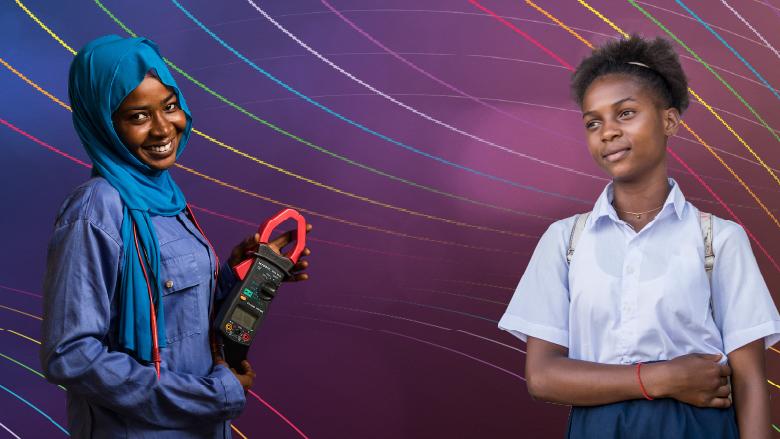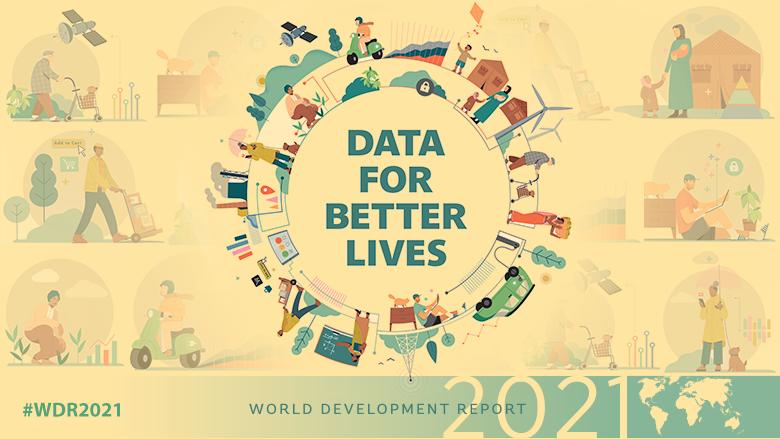World Development Report 2023: Migrants, Refugees, and Societies

World Development Report 2023: Migrants, Refugees, and Societies
- ABOUT THE EVENT
- AGENDA
GO TO: SPEAKERS
Migration has become an urgent global development challenge, as diverging demographic trends and the growing impact of climate change compounds trends arising from welfare gaps and conflict and violence. As governments continue efforts towards achieving sustainable and inclusive growth amid multiple crises, migration, if managed well, can be a positive force for development, bringing benefits for migrants as well as origin and destination countries.
On the occasion of the global launch of the World Development Report 2023: Migrants, Refugees and Societies, the event aims to:
- Introduce the World Development Report’s approach and framework to inform policy making on migration, building on insights from labor economics and international law, and in line with the 2018 Global Compacts on Migration and Refugees
- Share perspectives from origin and destination countries to stimulate a discussion on policies, emphasizing the need for global cooperation to effectively manage cross-border migration
00:00 Welcome
- Aart Kray, World Bank Group Deputy Chief Economist and Director of Development Policy, Development Economics
00:46 Opening remarks
- Axel van Trotsenburg, Senior Managing Director, Development Policy and Partnerships, World Bank
07:23 Special remarks
- Filippo Grandi, United Nations High Commissioner for Refugees
15:08 Presentation of World Development Report 2023 Key Messages
22:37 Panel discussion
- Christiane Fox, Deputy Minister of Immigration, Refugees and Citizenship Canada
- Tiébilé Dramé, Former Minister of Foreign Affairs of Mali and Former Member of Parliament of Mali
- Alejandra Botero, Manager, Planning and Impact Development, CAF-Latin American Development Bank
- Moderation: Aart Kray, World Bank Group Deputy Chief Economist and Director of Development Policy, Development Economics
1:01:12 Closure
Learning Resources
✍️ Karolina Ordon, External Affairs Officer at the World Bank, shared key highlights from this event.
Hello everyone! Today we are launching the World Development Report 2023: Migrants, Refugees, and Societies and speaking with global leaders and experts about how migration can work for development. I’m Karolina Ordon, External Affairs Officer at the World Bank, and I will share key highlights from this event.
Welcome everyone and thank you for tuning in! Our host and moderator today is Aart Kraay, World Bank Group Deputy Chief Economist and Director of Development Policy. He will be joined by Axel van Trotsenburg, Senior Managing Director, Development Policy and Partnerships at the World Bank, and our distinguished speakers: Mr. Filippo Grandi, UN High Commissioner for Refugees, Ms. Christiane Fox, Deputy Minister for Immigration, Refugees and Citizenship in Canada, Mr. Tiébilé Dramé, former Minister of Foreign Affairs and Former Member of Parliament in Mali, and Ms. Alejandra Botero Barco, former Director General, National Planning Department in Colombia.
In his opening remarks, Axel van Trotsenburg recognized that migration and forced displacement are important development issues. He acknowledged that the World Bank Group has significantly scaled up its support to refugee-hosting countries, in close partnership with UNHCR. Under IDA, the Window for Host Communities and Refugees provides additional concessional financing to support development programs that benefit both the refugees and their host communities. More information about it can be found here: https://ida.worldbank.org/ida19...
Filippo Grandi, United Nations High Commissioner for Refugees offers his remarks, speaking about the challenges that the global community is facing in addressing migration and refugee situations.
Presentation from the World Development Report 2023 team introduces key highlights from the report.
The new "match and motive" framework presented in the report offers policymakers in the origin and destination countries approaches on how to manage migration to make it a strong force for development in their countries.
The report shows that migration can be made to work for development by assessing the tradeoffs that are involved and making sure that the views of developing country governments, private sector organizations and the migrants and refugees themselves are factored in to designing policy measures.
Aart Kraay introduces our distinguished panel. The first segment of the discussion explores the experiences from host countries and the global community in managing refugee situations.
In his remarks Commissioner Grandi acknowledged benefits of international collaboration to benefit refugees and host countries and lessons learned.
Ms. Botero emphasized the critical importance of a long term and ambitious vision to integrate migrants into Colombian society.
In the second segment, the discussion shifts to highlight the experiences from origin and destination countries in managing economic migration.
Minister Fox stressed that the WDR is timely for Canada as it is reviewing its long term vision to manage migration.
Mr. Tiébilé Dramé noted the importance of distinguishing unique regions within origin countries and engaging with local actors when conceptualizing strategies to manage economic migration.
Experiences from origin countries and the global community in managing distressed migration are the topic of the third segment of the discussion.
Commissioner Grandi acknowledged the variety and complexity of reasons why people move and how the WDR can help craft appropriate responses.
In the next segment of the discussion, Aart invites views on the opportunities for regional and global cooperation in managing cross-border migration for sustainable and inclusive development.
Minister Fox stressed the need for partnerships between countries, international organizations, and other actors to address migration.
Ms. Botero emphasized the critical role of regional partnerships to integrate migrants and handle migration.
The World Development Report 2023: Migrants, Refugees, and Societies launched today shows how to make migration work for development and prosperity by assessing the tradeoffs that are involved and making sure that the views of developing country governments, private sector organizations and the migrants and refuges themselves are factored in to designing policy measures.
The report is available on this website: www.worldbank.org/wdr2023.
We hope you found the session informative and valuable. Thank you for joining our event!
Karolina Ordon, World Bank Group

